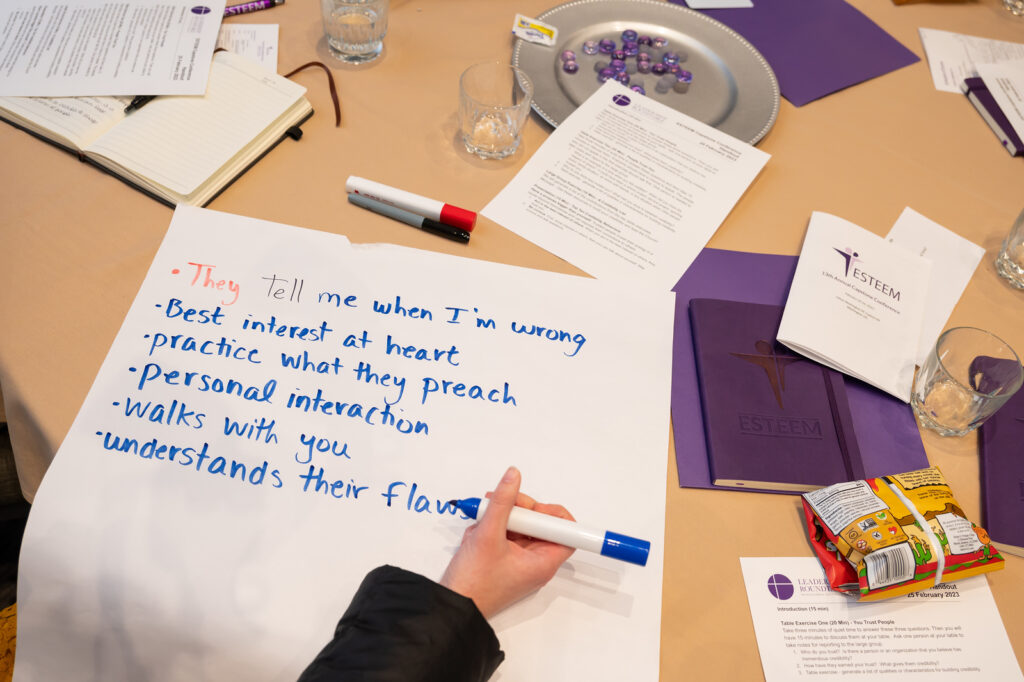What We Do
Mentorship
During the development of ESTEEM over a decade ago, college students voiced the need for Catholic mentors in their fields of study. How can an economics major lend their expertise to Church leadership? How can a neuroscience major bring their faith into their workplace?
A key aspect of training leaders is providing them with mentors. Many secular and temporal fields have identified and maximized the potential of mentorship. Additionally, Pope Francis is clear in Christus Vivit (his apostolic exhortation following the XV General Synod on Young People, the Faith, and Vocational Discernment) of the value of mentorship in accompanying young people on the journey of faith.
The community has an important role in the accompaniment of young people; it should feel collectively responsible for accepting, motivating, encouraging and challenging them. All should regard young people with understanding, appreciation and affection, and avoid constantly judging them or demanding of them a perfection beyond their years.
(Christus Vivit 243)
- How does a Christian leader balance career, faith and family?
- Where does my professional training fit the needs of the Church community?
- How do you discern which job to take after college?
- What are some tips for successfully transitioning away from college or family to a new career in a new city- and how does one integrate into a new parish?
- How can you live your faith in the workplace?
- What can a lay person do when family or friends stop practicing their faith?
- Where does prayer fit into a romantic relationship or family life?

ESTEEM holds as central the challenges issued in Christus Vivit for mentors of young people:
The same young people described to us the qualities they hope to find in a mentor, and they expressed this with much clarity.
The qualities of such a mentor include: being a faithful Christian who engages with the Church and the world; someone who constantly seeks holiness; someone who is a confidant without judging. Similarly, someone who actively listens to the needs of young people and responds in kind; someone deeply loving and self-aware; someone who recognizes his or her limits and knows the joys and sorrows of the spiritual journey.
An especially important quality in mentors is the acknowledgement of their own humanity – the fact that they are human beings who make mistakes: not perfect people but forgiven sinners. Sometimes mentors are put on a pedestal, and when they fall, it may have a devastating impact on young people’s ability to continue to engage with the Church.
Mentors should not lead young people as passive followers, but walk alongside them, allowing them to be active participants in the journey. They should respect the freedom that comes with a young person’s process of discernment and equip them with tools to do so well.
A mentor should believe wholeheartedly in a young person’s ability to participate in the life of the Church. A mentor should therefore nurture the seeds of faith in young people, without expecting to immediately see the fruits of the work of the Holy Spirit. This role is not and cannot be limited to priests and consecrated life, but the laity should also be empowered to take on such a role. All such mentors should benefit from being well-formed, and engage in ongoing formation.
(Christus Vivit 246)
